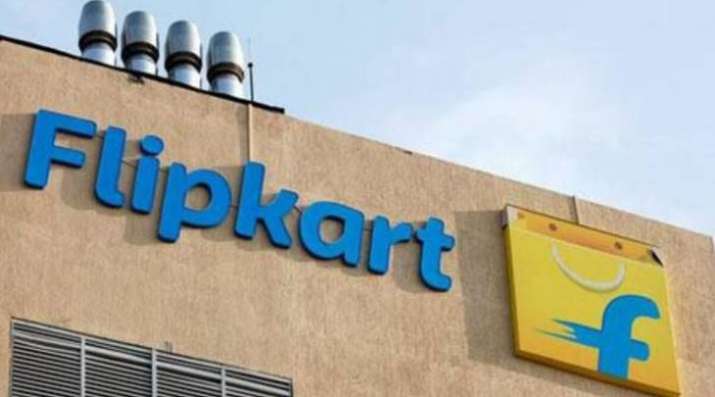The pandemic has seen quick commerce take off like a rocket as a vast majority have preferred to shop groceries online. This has added a new dimension to the grocery and commerce sectors in India, as the adoption of quick commerce has accelerated over the past year. The quick commerce sector in the country is expected to grow to $5 billion by 2025.
In fact, India is the leader in terms of the adoption of quick commerce – today, quick commerce makes up 13% of online grocery shopping in the country. This is miles ahead of other developed markets such as China (7%) and Europe (3%).
But quick commerce has also been sort of a chaos. Companies are burning investor capital like nothing, and offering delivery times by the minute. And while consumers have enjoyed the quickness, it clearly isn’t a feasible business model in the long run. You can thank the new quick commerce players such as Zepto, Blinkit, Swiggy’s Instamart and others for this.
Flipkart is another addition to the list. But the Walmart-owned ecom major is taking a saner route. It has reduced its quick delivery service time by half as it looks to become a more relevant player in the segment. The time has now been reduced to a doable, 45 mins.
Flipkart Quick first rolled out during the peak of the pandemic, and since then, it has been making deliveries in 90 minutes. This is longer than other quick commerce startups, which promise to deliver within 10-20 minutes. However, Flipkart is not taking that route, believing that it is not the right consumer model for the long run.
Hence, the 90-minute delivery time has been reduced to 45 minutes, and Flipkart has already started delivering groceries in 45 minutes in parts of Bengaluru. For its part, Flipkart Quick is present in several cities such as Bengaluru, Mangalore, Hyderabad, Delhi-NCR, Nagpur, Pune, and Lucknow, as well as Kolkata, Chennai, and Mumbai. Currently, it is present across 14 cities in the country.
Going forward, Flipkart aims to spread Flipkart Quick to more Indian cities next month and over 200 cities by 2022. Flipkart Group CEO Kalyan Krishnamurthy had said earlier that the company would focus on a sustainable model that offered both selection and good value, instead of “force-fitting a consumer need” that was not present in the market. Since the time to deliver is longer, Flipkart will have a wider selection.
The Tech Portal is published by Blue Box Media Private Limited. Our investors have no influence over our reporting. Read our full Ownership and Funding Disclosure →






